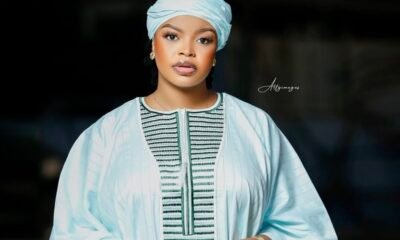News
Bunbong chief calls for unity, peace at 9th Linujil festival

•A Konkomba cultural group performing
Uborr Wumbe Dawuni, the chief of Bunbong in the Northern Region has called for peace and unity to foster stronger bonds and overcome traditional differences to ensure development in the area.
He said this at the celebration of Linuji festival, which brought together, the Konkomba and Dagomba communities to mark the new yam festival and also to renew the call for peace and unity among the two ethnic groups.
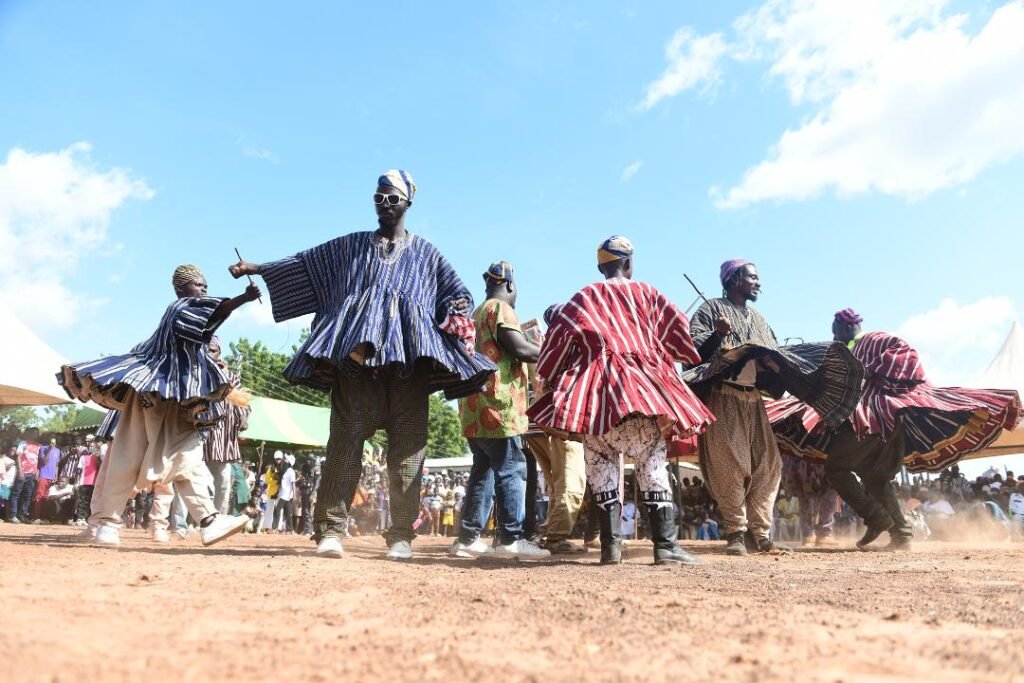
He highlighted the importance of the festival as a means for spiritual and material growth.
“We must fine-tune our friendship and emotions, recognising that we are all brothers and sisters and appreciate one another to strengthen peace and reinforce family ties,” Chief Dawuni said.
Mr Rocky Dawuni, UN Goodwill Ambassador for the Environment for Africa and three-time Grammy nominee, who grew up in the Bunbong community, reflecting on the festival, expressed his deep connection to the values of peace and unity instilled in him from his upbringing.
He said, nonetheless our ethnical backgrounds such as Dagomba, Konkomba, Nanumba, Chokosi, Fulani, or Frafra, “we must all treat each other as equals and uphold the North in a positive manner.”
He called for a peaceful elections in 2024, noting that the world will be watching how the Northern Region handles the contest, especially since two of its sons were running for the presidency.
Mr Osman Kassim, the National Commission for Civic Education (NCCE) Municipal Director of Yendi, underscored the critical role of peace in national development, particularly with elections on the horizon.
From Geoffrey Buta & Paul Dery, Bunbong, Northern Region
News
‘Thousands of Ghanaian women suffering from Obstetric Fistula’
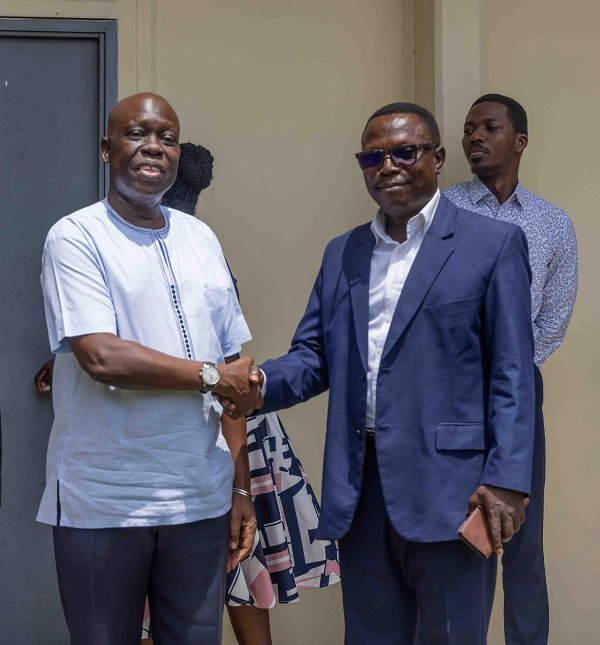
Thousands of Ghanaian women continue to suffer in silence from Obstetric Fistula (OF) due to inadequate access to surgical treatment, the United Nations Population Fund (UNFPA) has revealed.
Dr Wilfred Ochan, UNFPA’s Country Representative, disclosed that over the past decade, Ghana has accumulated a backlog of more than 12,000 untreated cases, despite recording an estimated 1,300 new cases each year.
He made the remarks during a visit to the New Times Corporation (NTC) in Accra to mark the International Day to End Obstetric Fistula (IDEOF).
“Only 1,000 repairs have been done in 10 years. That leaves thousands of women isolated, in pain, and excluded from society due to a condition that is both preventable and treatable,” Dr Ochan said.
He stressed the need for greater investment in surgical capacity, public awareness, and partnership, especially with the private sector— to accelerate Ghana’s efforts to eliminate the condition by 2030.
Obstetric Fistula results from prolonged or obstructed labour without timely medical care, causing a hole between the birth canal and bladder or rectum, leading to continuous leakage of urine or faeces. The consequences include stigma, chronic incontinence, and often, the death of the baby.
To help close the treatment gap, the UNFPA is working with health institutions including the Komfo Anokye and Cape Coast Teaching hospitals to scale up surgeries and outreach.
“We must not allow women to suffer lifelong trauma for simply trying to give life,” Dr Ochan urged.
The Managing Director, Mr Martin Adu-Owusu, pledged NTC’s support in raising public awareness and promoting maternal health initiatives.
“We are ready to collaborate with you to ensure that maternal deaths and issues affecting women come down to the barest minimum so that together we can achieve the UN goal to eliminating Obstetric Fistula by 2030,” he said
By Esinam Jemima Esinam
News
Inflated prices of Abaya, Jalabiya on Eid-al-Adha celebration
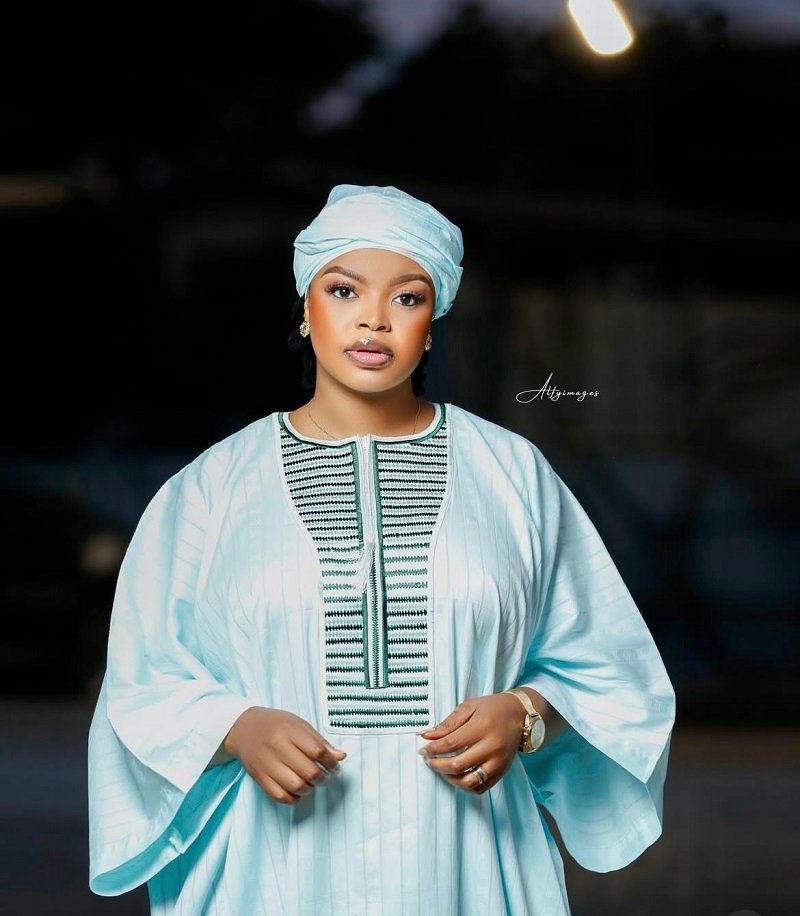
Muslims in Ghana and all over the world yesterday observed the Eid-al-Adha celebration.
It falls on the first day of Shawwal, the 10th month of the Islamic calendar and is celebrated by Muslims to mark the end of the month-long dawn-to-dusk fasting of Ramadan.
The build up to yesterday’s edition was characterised by a high demand for traditional Islamic attire here in Tamale, leading to a sharp rise in prices.
Checks by The Spectator from the various markets in the Tamale area revealed that prices for popular outfits like the Abaya, Jalabiya, and Kaftan have skyrocketed within the period.
Although there is no prescribed outfit for the celebration, many Muslims in Tamale traditionally choose modest and loose-fitting garments that reflect Islamic values.
Abayas and Jalabiyas often imported from Turkey, Dubai, Egypt, and Northern Nigeria have become particularly the most sought-after attires, resulting in the price hikes.
Currently, prices for men’s attire range from GH₵250 to GH₵800 while women’s outfits are selling from GH₵350 to GH₵1000.
Children’s garments are also not left out of the pricing craze. Bargaining for the youngsters starts from GH₵150.
Hajia Naila Abdul Karim, owner of ‘Cover with Style,’ confirmed a significant surge in sales in the holy month.
“Each day, more than 20 people, mostly women walk into the shop. We also send over 40 parcels daily to customers across the country,” she stated.
She attributed the price increases to the cedi’s depreciation and a recent shortage of Turkish imports, noting that most of her stock now comes from Dubai.
Hamdia Kamil, a loyal customer, shared her experience: “Two years ago, I bought an Abaya for GH₵350. This year, it’s GH₵650. I had no choice because it’s a special occasion and I want to feel good. Still, I hope the dresses are made affordable so others can also celebrate in style.”
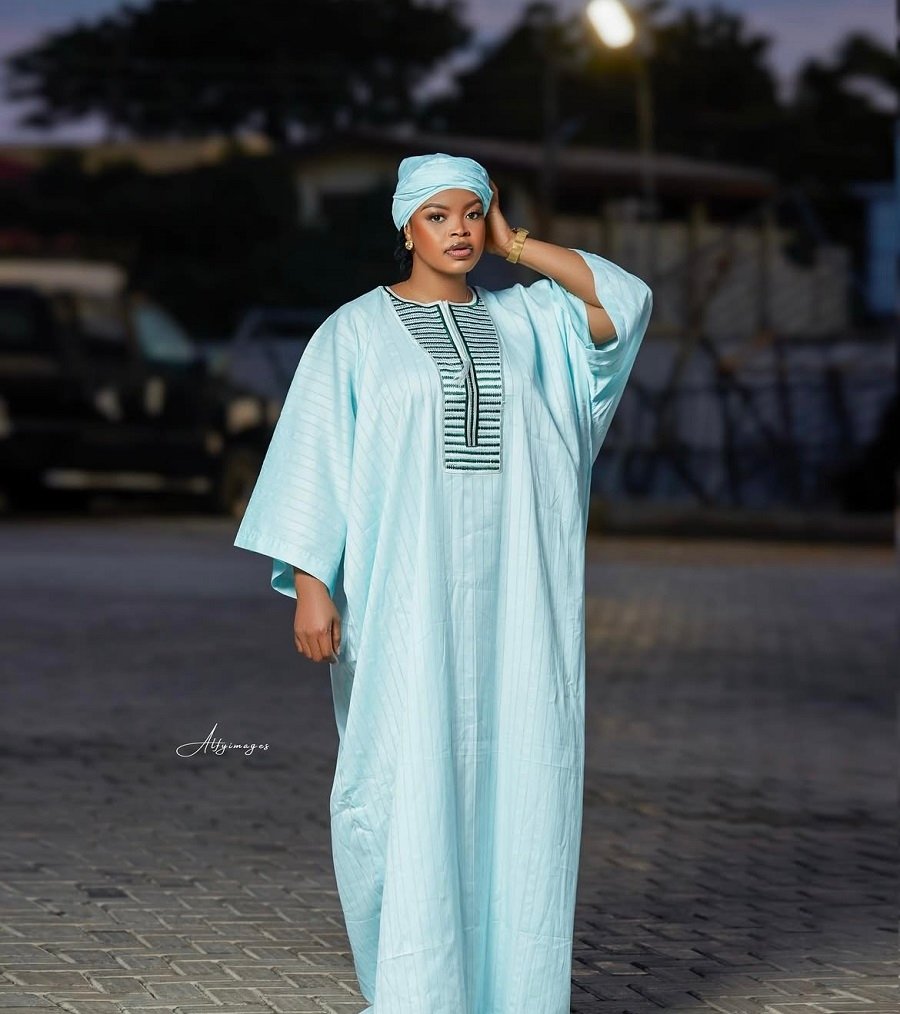
At Baby Last Closet in Sakasaka, another fashion outlet, prices for women’s outfits range from GH₵350 to GH₵1,300, while men’s attire goes from GH₵250 to GH₵1,000.
“Some customers complain about the cost, but because it’s Ramadan, many still go ahead and buy,” said the shop owner.
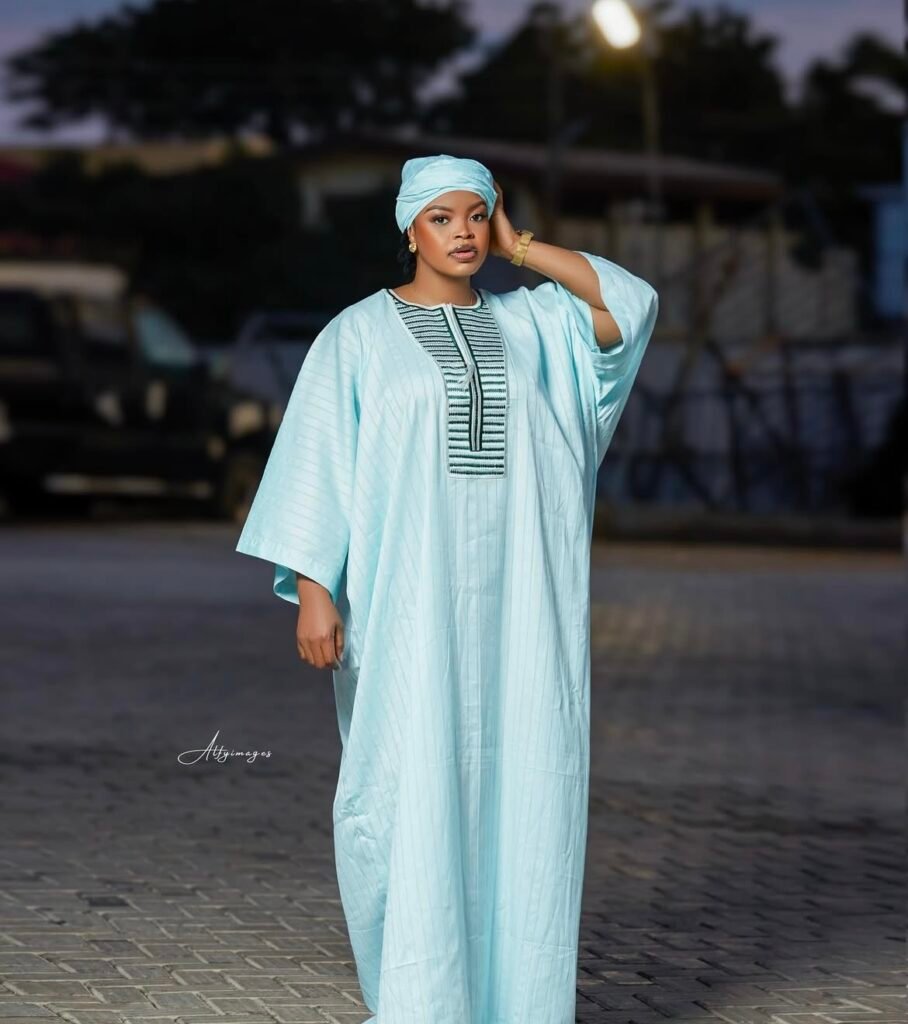
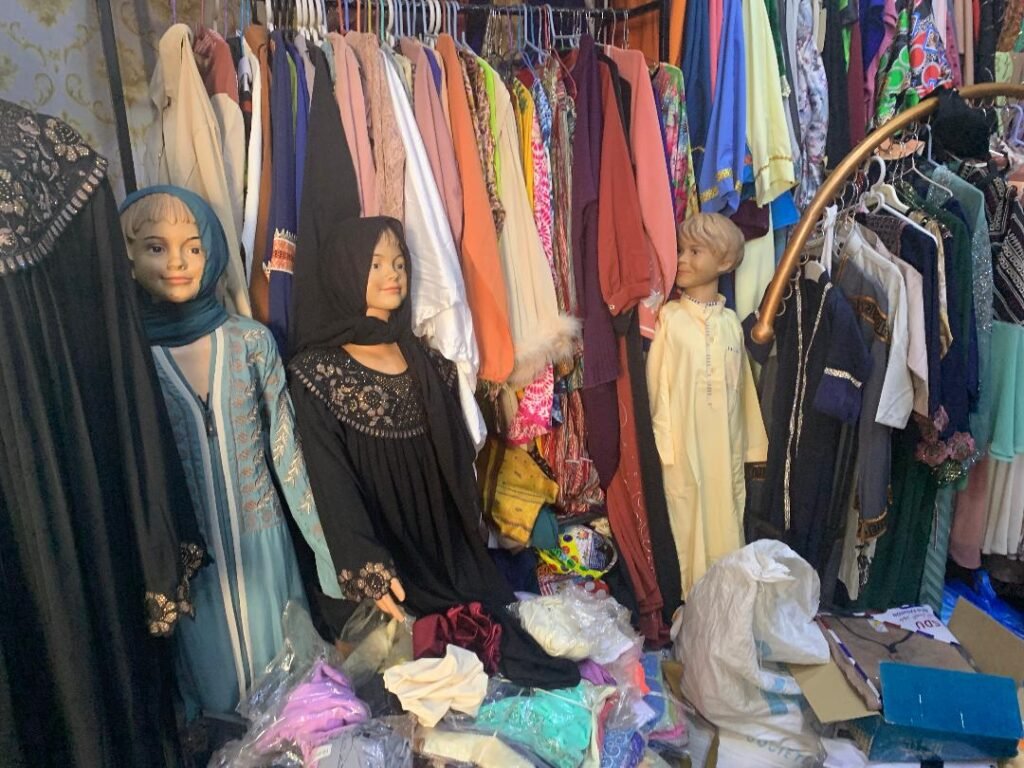
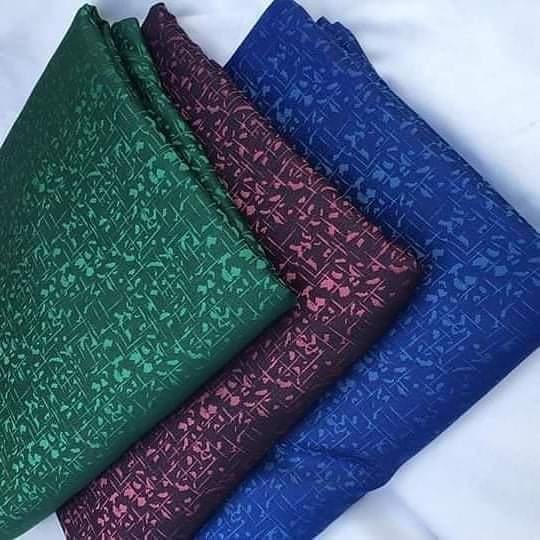
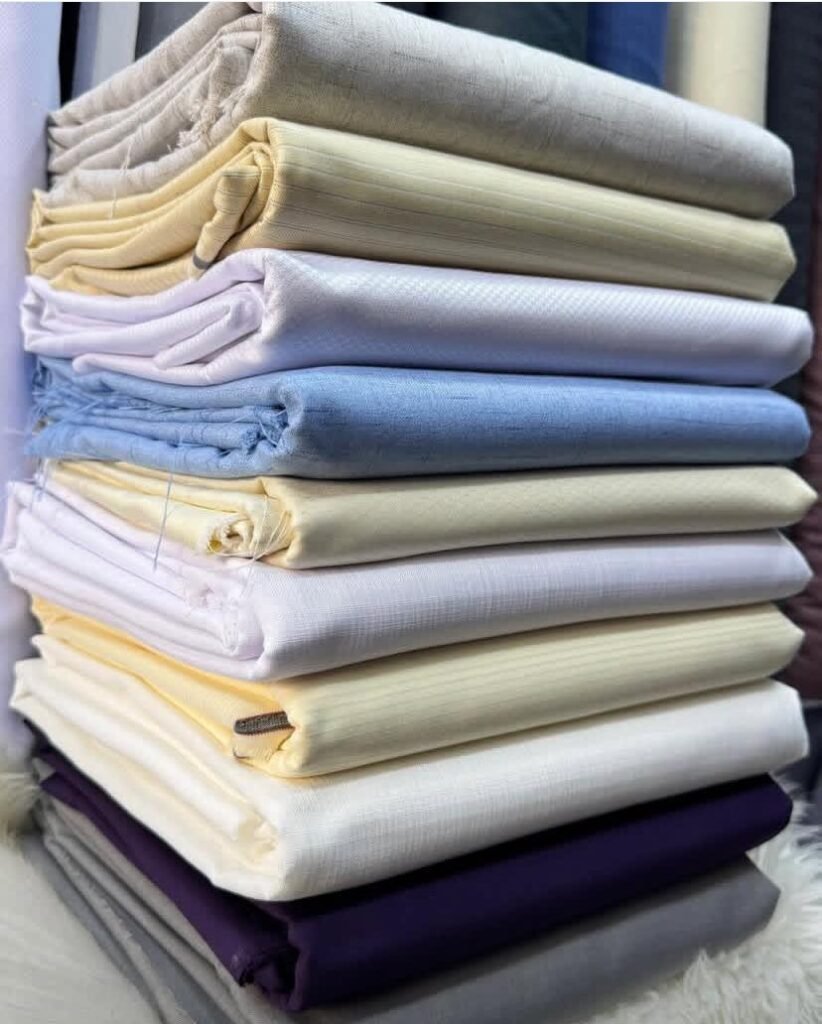

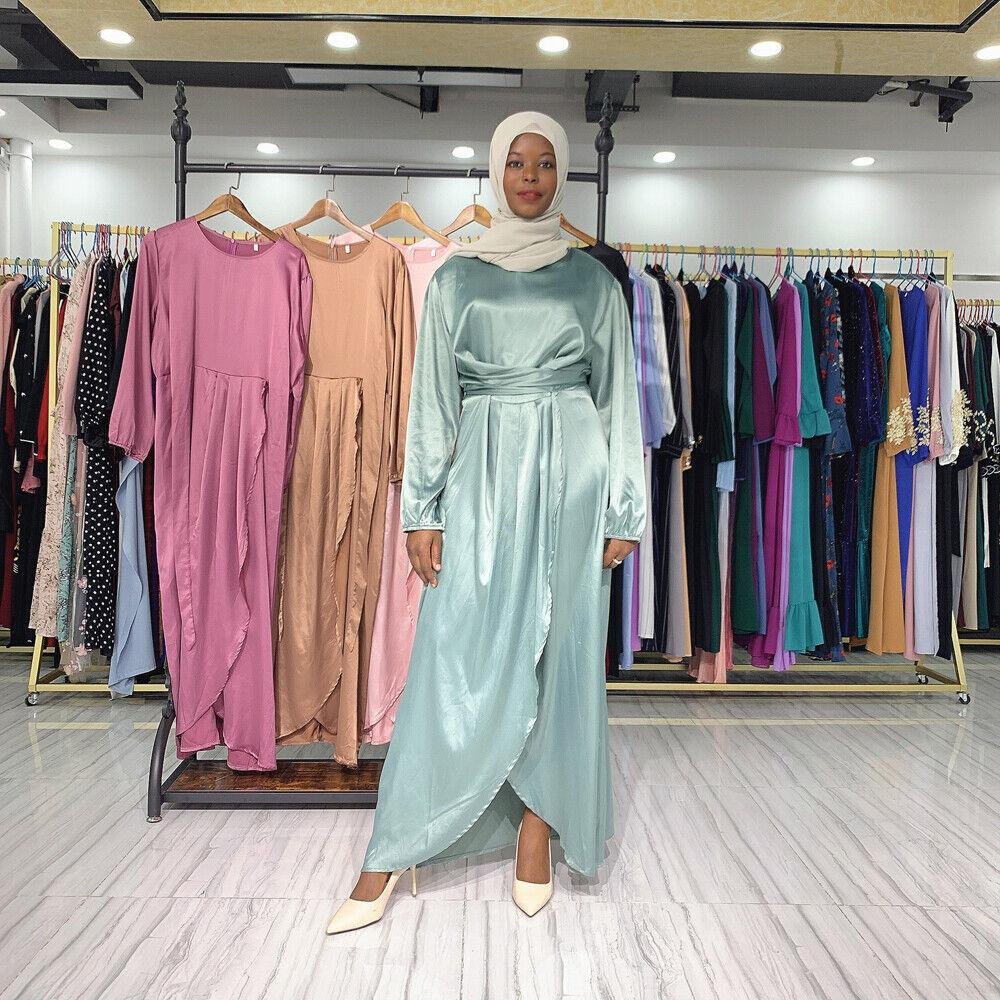
Similarly, Mandy’s Haven at Zogbeli sells exclusively for Eid celebrations, dealing in high-end Abayas, Jalabiyas, and Kaftan materials. Prices there reflect quality and origin, with female attire ranging from GH₵450 to GH₵5,000, and kaftan fabric sold at GH₵200 per yard.
For many, including resident Iddrisu Suale, the holy month remains a sacred period despite the economic pressures. “Things are expensive this year, but I still want to make the day special for my children. I plan to get them Abayas and Jalabiyas from Egypt,” he indicated.
Despite the bustling nature of preparation and the high cost of goods, resident expressed optimism of having a good time in observing the deep spiritual significance of the occasion.
Story & photos by Paul Dery




